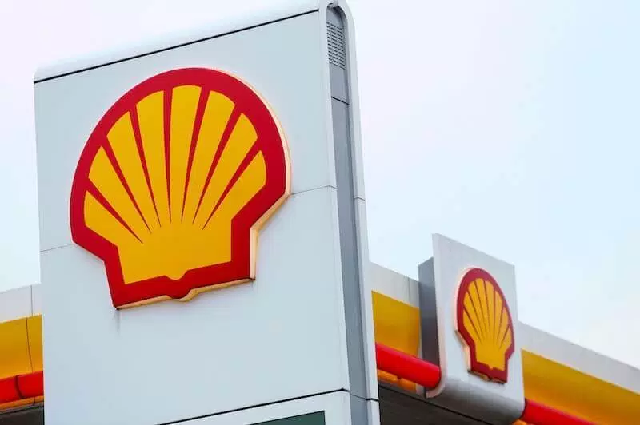The Shell Petroleum Development Company of Nigeria Limited (SPDC) said it has commenced the clean-up of Bodo oil spill since September 2017 with the removal of free-phase surface oil.
This, it noted is the first phase that will lead to soil remediation (phase 2), restoration of mangroves (phase 3) and monitoring. Reacting to The Guardian’s publication on the impact of oil spill in Bodo community, General Manager, External Relations, SPDC, Igo Weli, said that the clean-up could only commence after the signing of a Bodo Mediation Initiative (BMI)-facilitated Memorandum of Understanding (MoU) between SPDC and the Bodo community in 2015, which guaranteed access to the sites
Weli noted that regrettably, the clean-up process agreed under the BMI was subsequently delayed in 2015 by the Bodo community refusing access to the clean-up crew. “The clean-up project continued to suffer delays in 2016 and most of 2017 due to continued access challenges from the community. It is commendable that the latest attempt to clean up is uninterrupted so far, and the benefits are becoming obvious.
“The BMI manages the clean-up, closely collaborating with representatives from the Bodo community, SPDC, the Nigerian government, the Dutch Embassy in Nigeria and other stakeholders.
“The removal of surface oil started on a good footing such that, Patrick Waterside, polluted in the unfortunate operational spills and subsequently by crude theft and illegal artisanal refining activities, is already showing signs of rejuvenation. Community people and visitors to this site report regenerating marine life and mangrove. The contractor allotted the Patrick Waterside site has completed phase 1. Although, the other contractor working in the Bodo town area experienced some challenges, he has remobilised to complete his portion of the work. We are delighted that the clean-up is on course, and the article apparently arrives at a contrary conclusion because it confuses the first phase with the completion of the clean-up.”











